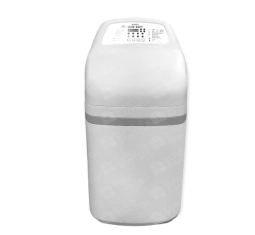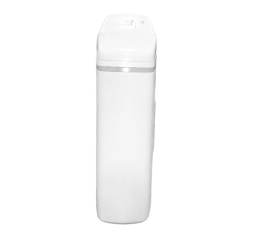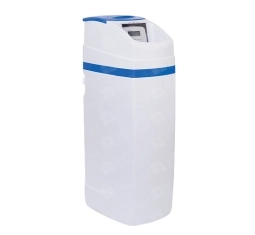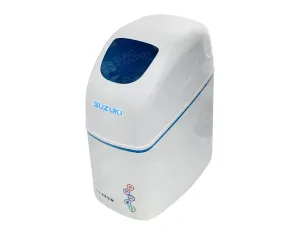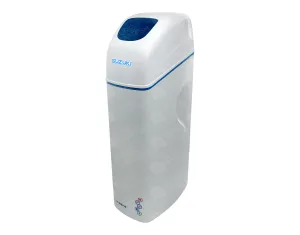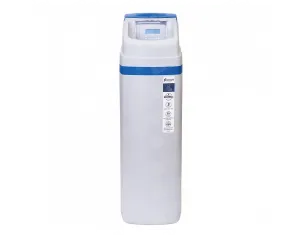Water softeners
Water softeners are essential devices designed to tackle the common issue of hard water, a prevalent problem in many households and commercial settings. These innovative systems, commonly known as water softeners, play a pivotal role in mitigating the negative effects of hard water by reducing the concentration of minerals like calcium and magnesium. Here are key insights into the importance and benefits of water softeners:
Benefits of Water Softeners:
Scale Prevention:
- Water softeners effectively prevent the buildup of limescale, a common issue caused by the presence of excess calcium and magnesium in hard water. This scale can accumulate in pipes, appliances, and fixtures, leading to clogs and reduced efficiency.
Extended Appliance Lifespan:
- By reducing the mineral content in water, softeners contribute to the prolonged lifespan and improved performance of appliances such as water heaters, dishwashers, and washing machines.
Softer Skin and Hair:
- Softened water is gentler on the skin and hair, helping to alleviate dryness and irritation. Users often notice a significant improvement in the overall feel and health of their skin and hair.
Increased Soap and Detergent Efficiency:
- Soft water allows soap and detergents to lather more effectively, reducing the amount needed for cleaning. This not only enhances cleaning results but also leads to cost savings on cleaning products.
How Water Softeners Work:
Water softeners primarily employ ion exchange technology to remove calcium and magnesium ions from water. The key components include:
Resin Tank:
- Filled with ion exchange resin beads, the resin tank is the core of the water softener. These beads attract and trap calcium and magnesium ions.
Brine Tank:
- Contains a salt solution that is used to regenerate the resin beads. During regeneration, the calcium and magnesium ions are exchanged for sodium ions, restoring the resin's ability to soften water.
Control Valve:
- Manages the flow of water in and out of the tank, initiating the regeneration process when necessary.
Selecting a Water Softener:
Water Hardness Analysis:
- Conduct a water hardness test to determine the level of mineral content in your water, helping you select an appropriately sized water softener.
Type of Water Softener:
- Choose between salt-based and salt-free water softeners based on your preferences, water hardness, and specific requirements.
Regeneration Cycle Frequency:
- Opt for a water softener with a regeneration cycle frequency that aligns with your household or business water consumption patterns.
Installation and Maintenance:
Professional Installation:
- For optimal performance, consider professional installation to ensure the correct setup of the water softener system.
Regular Maintenance:
- Follow a maintenance schedule, including monitoring salt levels and resin bed condition, to ensure the ongoing effectiveness of the water softener.
Environmental Considerations:
Salt Usage:
- Salt-based water softeners require the periodic addition of salt. Consider salt efficiency and explore alternative options if minimizing salt usage is a priority.
Wastewater Disposal:
- Be aware of the wastewater generated during the regeneration process and consider environmentally friendly disposal options.
In conclusion, water softeners are invaluable solutions for addressing hard water challenges. Their ability to improve appliance efficiency, protect plumbing systems, and enhance personal care experiences makes them a wise investment for homes and businesses alike. Selecting the right water softener, understanding its operation, and maintaining it properly ensure a continuous supply of soft and high-quality water for various applications.


